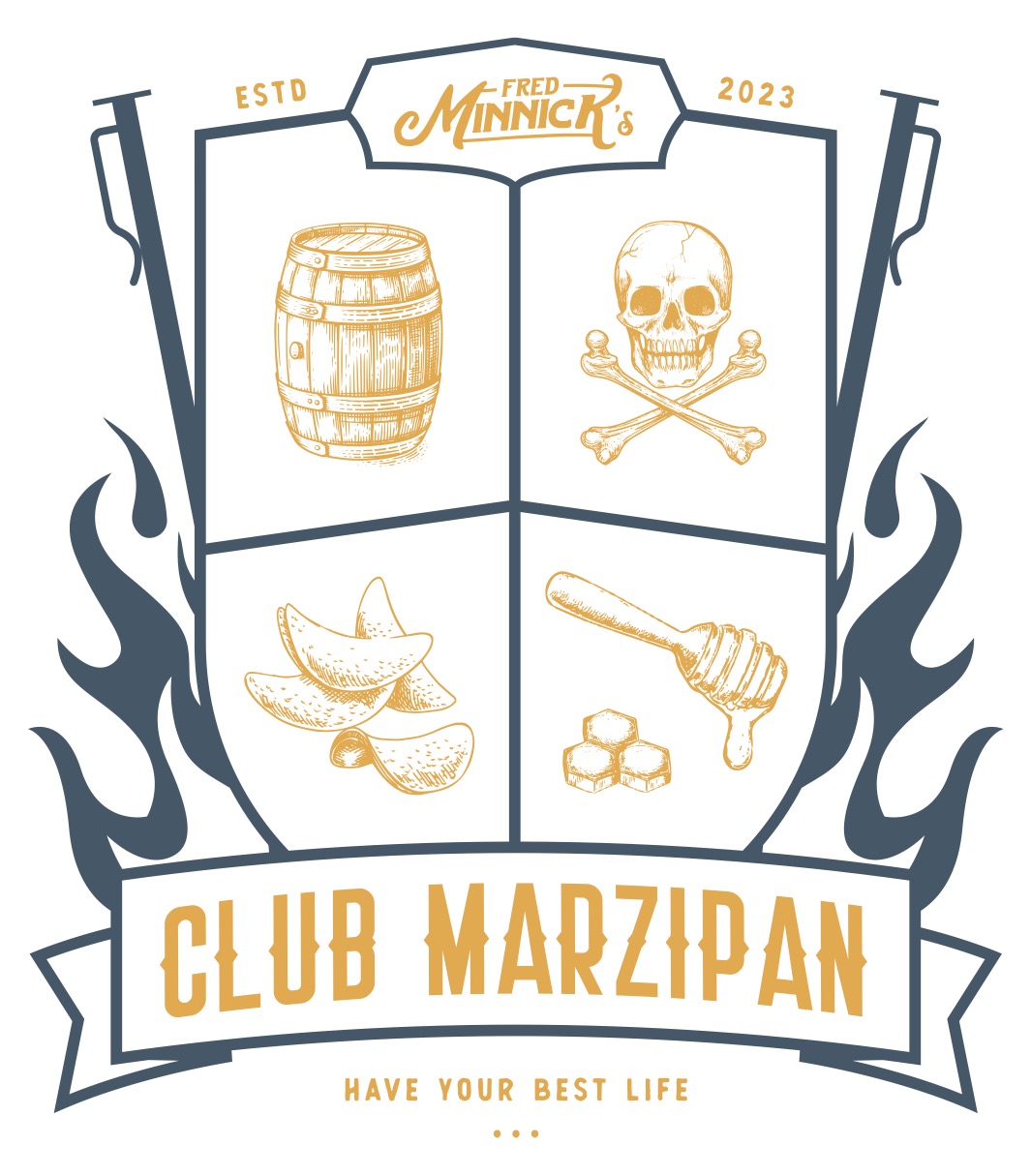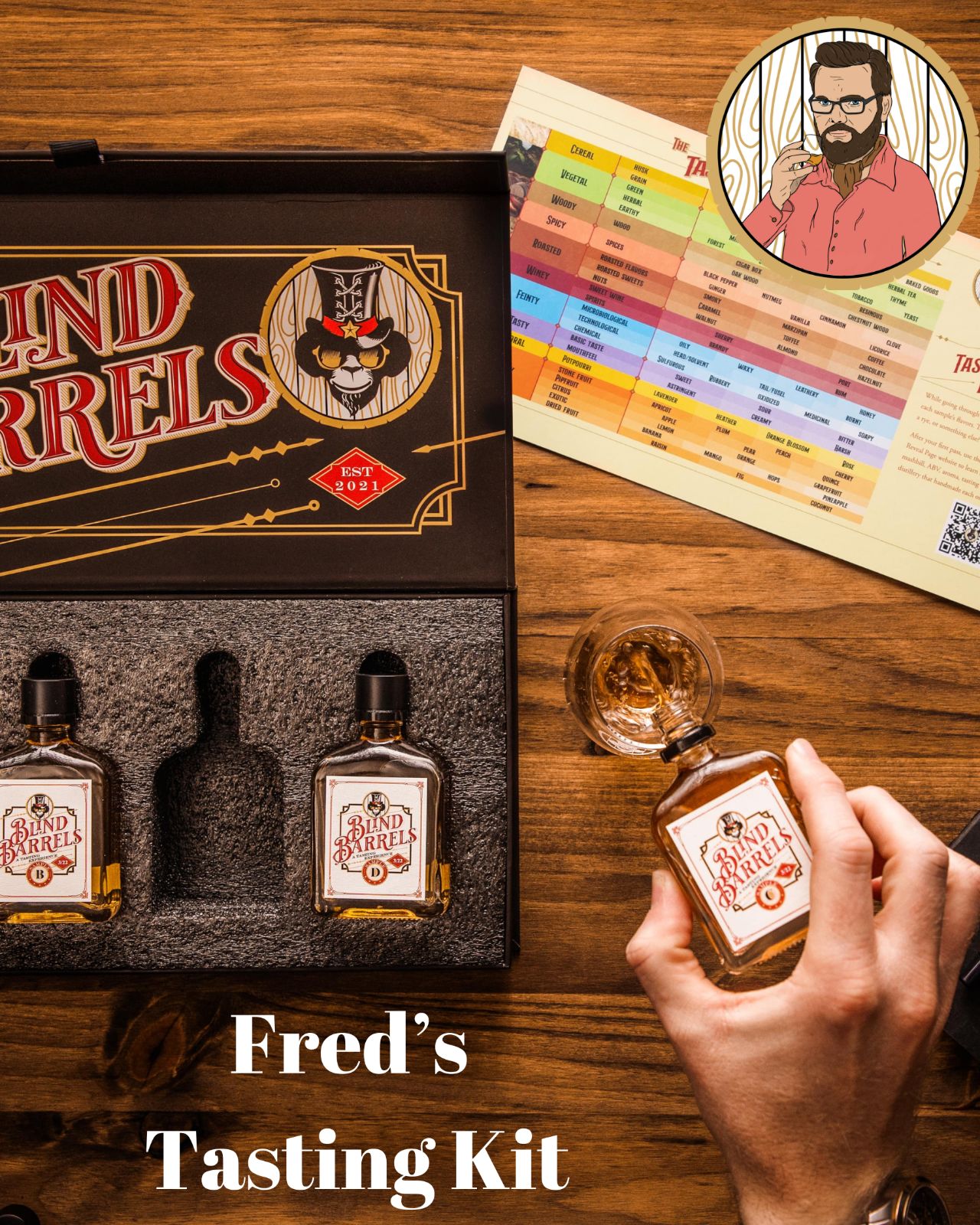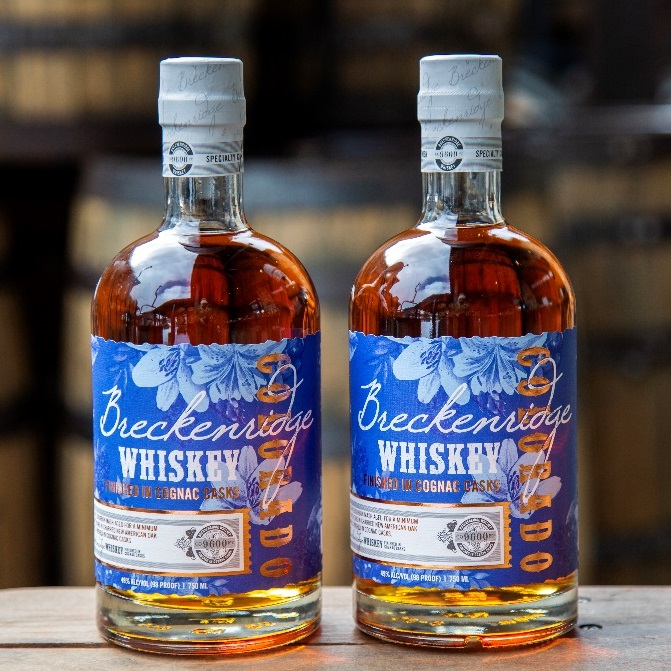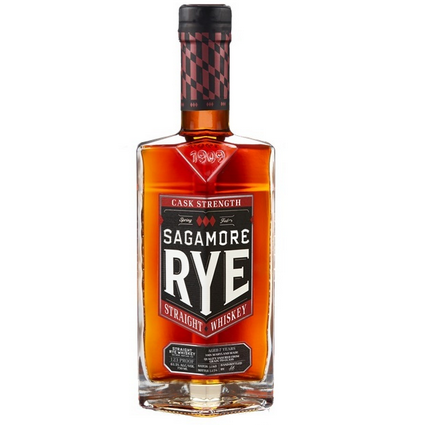Up the Down Bourbon

Ten years ago, American whiskey was back. The limited editions were drawing major attention and lines at the local liquor stores; and celebrities began making their Bourbon love public. The Kentucky Bourbon Trail was on fire and the Kentucky Bourbon Festival was in its prime, drawing fans from around the world.
Behind the bar, bartenders used Bourbon and rye to reinvigorate the cocktail scene. New brands were popping up and upstart craft distillers started laying down Bourbon, while the bigger distillers expanded.
The years 2007 and 2008 were American whiskey’s greatest two-year stretch since the early 60s. But not everybody believed in this growth. American whiskey wasn’t exactly known for maintaining sales. For many, this was a period to sell, sell, sell.
In 2009, Constellation Brands sold the Barton Distillery in Bardstown, Glenmore bottling facilities in Owensboro and 40 brands to Sazerac for $334 million. Barton was a long-time sourced whiskey facility that also made 1792. The whiskey was, and always has been, excellent. The move was part of a ‘strategic focus on premium, higher-growth and higher-margin brands’ that allowed Constellation to reduce debt, generate cash flow and create efficiencies.
Fast forward six years, Constellation bought High West for $160 million and invested minority stakes in the Nelson’s Green Brier and Bardstown Bourbon Distilleries, none of which produce near the capacity of Barton’s. Hindsight is always 20/20, and offloading Barton probably helped Constellation in their immediate needs. But the wine-centric conglomerate didn’t believe in Bourbon enough to hold on.
Of course, this is nothing new.
Large companies sell distilleries like commodities, rarely valuing their long-term gains. In the 90s, as soon as the coveted Japan market showed signs of waning, United Distillers sold all of its US assets with the exception of George Dickel and the Stitzel-Weller facilities. Now the company (now Diageo) invested some $115 million in the Bulleit Distillery.
To reduce debt, Pernod Ricard sold Wild Turkey in 2009 to Campari for $575 million. Much like Constellation, as American whiskey continues to boom, Pernod Ricard felt a little left out, so purchased Smooth Ambler for an undisclosed amount last year. “This investment illustrates our strategy of partnering with rising entrepreneurs,” said Pernod Ricard CEO Alexandre Ricard in a statement. “It represents a strong opportunity to enter the fast-growing, high-end Bourbon market.”
Of course, Pernod wouldn’t need to ‘enter’ this Bourbon market if it didn’t sell one of the most iconic brands eight years ago. But, this may have been a solid move for Pernod at the time.
That doesn’t take away from the fact that neither Constellation nor Pernod believed in American whiskey enough to back it for the long haul. But this is business, and these Bourbon moves created immediate capital. American whiskey evokes a certain fandom that inspires us to be critical of boneheaded business moves.
If a whiskey brand raises its prices, we balk. If they lower the proof, we bring forth outrage on the cyber webs. Lower an age statement? Prepare for the fury of the whiskey geeks!
So forgive me for being cynical, but big companies who sell and later reenter the marketplace do not care about the American whiskey legacy. They see the trends and realise it’s too costly to not enter the space now. And I wish them the best. But the parent companies that stuck with American whiskey, who endured the labour strikes of the 60s, the lost market share to vodka and the decreased consumer interest – they deserve accolades for enduring the bad days.
Heaven Hill, Brown-Forman, Sazerac, Maker’s Mark and Jim Beam stuck with Bourbon when everyone wanted a martini, lobbied to change Prohibition-era laws and supported new outreach programmes. They didn’t sell when it got tough, and their rewards are now.
Like all businesses, Bourbon’s ripe with rumours and doubt. When will its growth end? Who will sell next?
Perhaps, a little perspective is in order – this sure beats that time when nobody cared about American whiskey.








